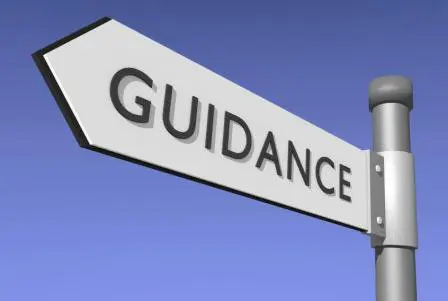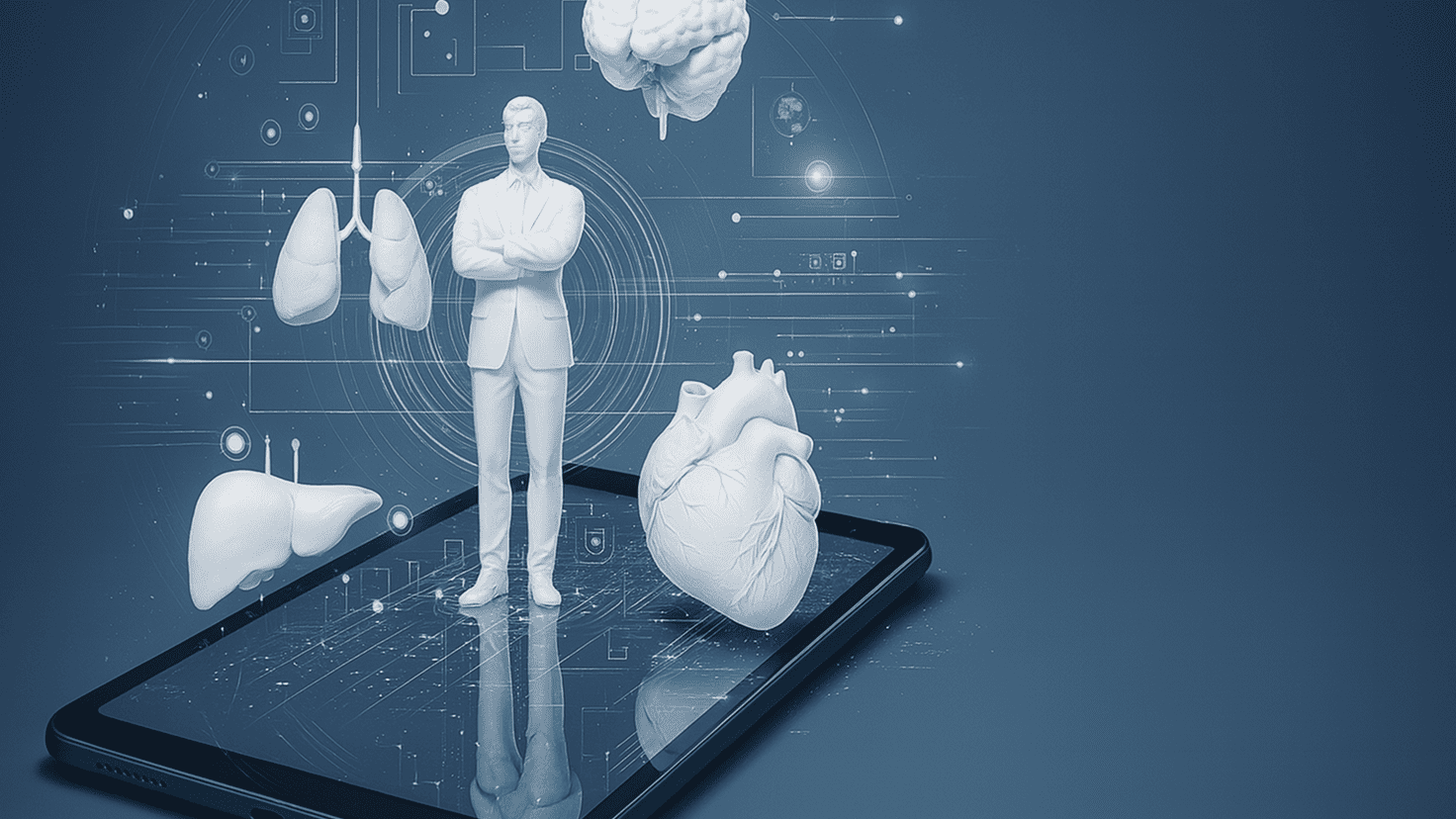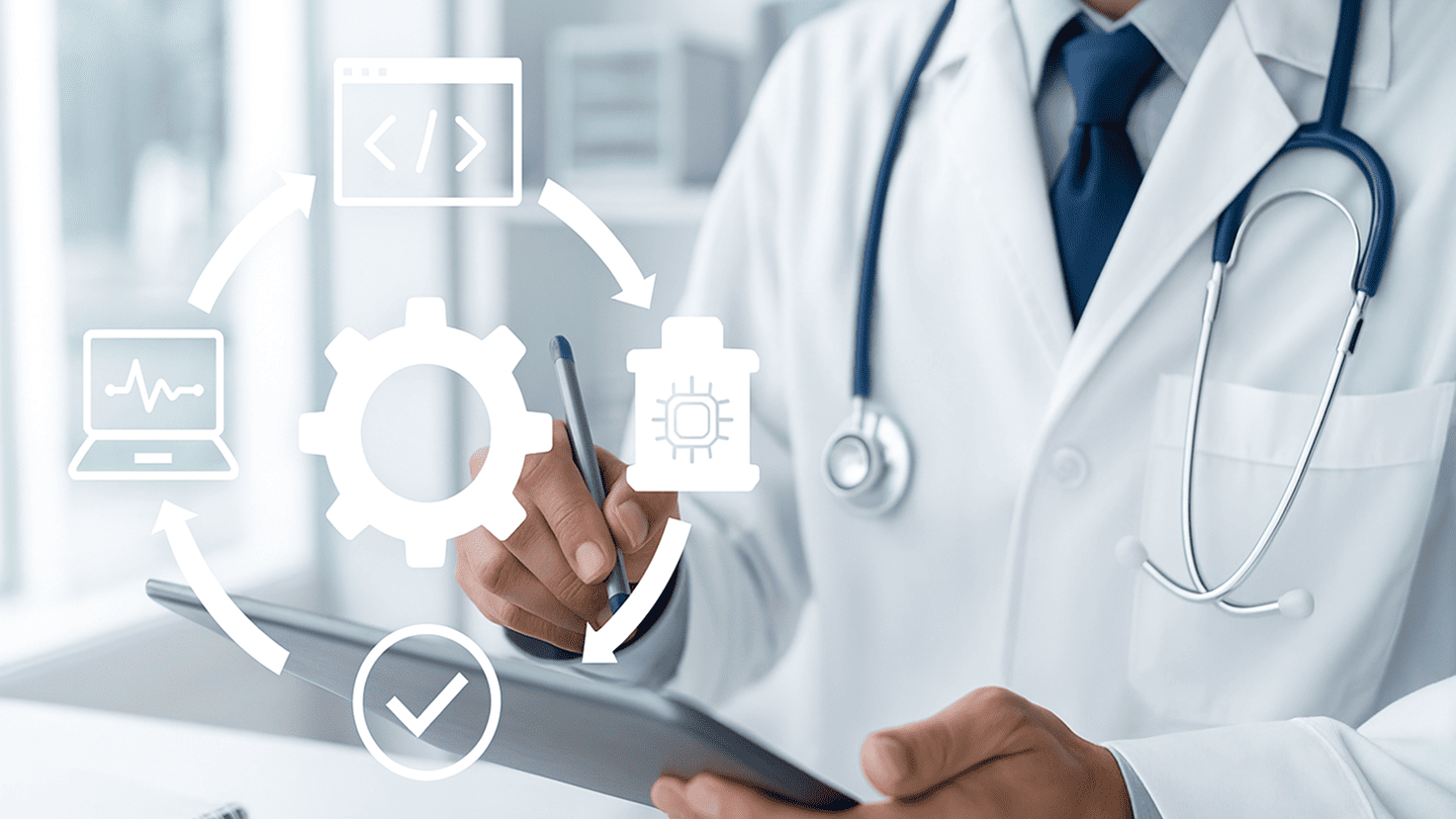Scope of the FDA Guidance on Digital Health Devices
The guidance issued by the FDA is intended to ensure that digital health devices used to treat psychiatric disorders are available to healthcare facilities during the COVID-19 pandemic. The FDA also emphasizes the importance of the steps aimed at the reduction of contact between healthcare professionals and patients due to the risks associated with the infection. This allows the FDA to encourage the use of digital health devices based on novel informational and communicational technologies since such devices give the possibility to avoid contact in person, which is also necessary for the course of quarantine restrictions. The guidance is intended to improve the availability of the devices to be used to treat psychiatric conditions remotely without the need for patients to visit healthcare facilities. This approach allows exposure to the risks associated with the infection for both the patients and healthcare professionals to be reduced significantly.
In particular, the scope of the FDA guidance covers the following medical devices:
I. Computerized Behavioral Therapy devices, a category that includes computerized behavioral therapy Class II medical devices in accordance with the FDA classification, intended by the manufacturer for the treatment of psychiatric disorders. It is important to mention that these devices are prescription-only and intended to be used for additional treatment. At the same time, the devices based on the principles other than computerized behavioral therapy intended for the same medical purpose and having the same indications for use are also covered by the scope of this guidance document, as well as non-prescription devices.
II. Low-risk general wellness and digital health products for mental health or psychiatric conditions. This category includes the devices intended for only general wellness use, that constitute low-risk products in accordance with the FDA classification based on the risk for the safety of patients associated with the use of the device.
The authority also explicitly outlines the digital health devices falling outside the scope of the present FDA guidance, such as the devices to be used for making a clinical diagnosis or treatment decisions when healthcare professionals or users solely or primarily rely on the information (output) provided by such devices.

FDA Enforcement Policy in Detail
The FSA states that digital health devices are important during the pandemic since they could be used to improve the mental health of patients without the need for visiting healthcare facilities. The FDA intends to implement all the measures necessary to expand the availability of digital health devices, including software as medical devices, intended for the computerized behavioral therapy of psychiatric disorders. In particular, the Agency would not object to using the devices covered by the scope of the present FDA guidance that are not FDA approved medical devices, providing that the use of such devices does not lead to the increase in risk for public health. The requirements temporarily waived by the Agency include the submission of a premarket notification under the 510(k) framework, certain reporting requirements, as well as the requirements regarding the Unique Device Identification (UDI). The manufacturers (developers) of the devices still should keep their products compliant with the applicable performance requirements. The exclusion described hereabove should not be applied to the FDA approved medical devices already available on the market.
Another requirement for digital health devices covered by the scope of the guidance, subject to exclusion introduced by the FDA, relates to the prospective clinical data. This exclusion is also intended to simplify access to such devices during the pandemic.
One of the most important exclusions implemented in the present FDA guidance relates to the software products intended for general wellness purposes. Under the general rule, such products should be deemed as medical devices and thus should be treated accordingly, while the Agency explicitly states that it is not going to enforce the requirements these devices should be subject to in accordance with the applicable regulations. The authority also clarifies that the software used for videoconferencing falls outside of its regulatory scope even when it is used in medical procedures (telemedicine) since it has not an intended medical purpose.
FDA Device-Specific Requirements
The document also describes in detail the particular requirements to be applied to the digital health devices used for treating psychiatric disorders depending on the particular type of the device.
The FDA policy for computerized behavioral therapy and other digital health therapeutic devices for psychiatric disorders introduced by the present guidance is intended to provide the manufacturers of such devices with additional flexibility that is necessary to extend the availability of such devices to the patients. In particular, the Agency allows individuals to make diagnosis remotely via the telehealth or in the course of a virtual physician visit. The authority indicates that the devices of this type do not expose the patient to additional risk in case if:
- The analysis of the software confirms its correct performance for the intended purpose,
- The cybersecurity measures implemented by the manufacturers meet the appropriate requirements set forth by the FDA,
- The information contained in the labeling of the device includes the instruction to consult with a healthcare professional in advance,
- The same instruction is provided in the form of a separate check-box.
At the same time, if the device is intended to be used in situations requiring immediate clinical intervention, it should be considered as one creating additional risk.

Digital Health Device Labeling Requirements
The guidance also contains the specific requirements on labeling of the computerized behavioral therapy devices. According to these requirements, the labeling of the device should include:
- An indication that the patient should contact a healthcare professional prior to the use of the device,
- The information about the additional resources dedicated to the treatment of the appropriate conditions,
- A detailed description of the indications for use of the device,
- The details on the therapeutic method the device is based on,
- The information on the duration and frequency of use,
- The detailed instructions for use,
- Clinical testing summary,
- The information on the method used to determine the treatment recommendations,
- The notice on the supplementary use,
- Warnings,
- The indication of availability (prescription-only or non-prescription),
- The indication of the situation when the user shall contact a healthcare professional,
- The statement regarding the symptoms,
- Emergency instructions,
- The indication of the functions and indications of the device that are not cleared by the FDA.
Summarizing the information described hereabove, the FDA guidance dedicated to the digital health devices for computerized behavioral therapy includes additional exclusions and flexibilities introduced by the Agency to address additional needs arising from the pandemic.
How Can RegDesk Help?
RegDesk is a next-generation web-based software for medical device and IVD companies. Our cutting-edge platform uses machine learning to provide regulatory intelligence, application preparation, submission and approvals management globally. Our clients also have access to our network of over 4000 compliance experts worldwide to obtain verification on critical questions. Applications that normally take 6 months to prepare can now be prepared within 6 days using RegDesk Dash(TM). Global expansion has never been this simple.
 United States
United States 




